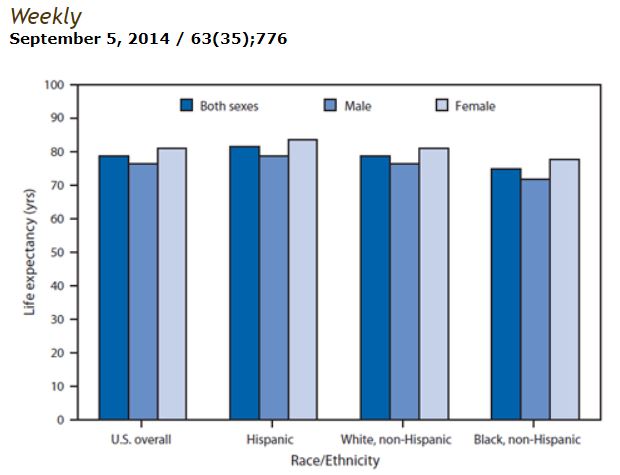
Image credit: Yenon at Deviant Art
by James A. Bacon
The forces of Wokeness are like a zombie horde. They keep coming, and coming… and coming. You might have thought that the November election that turned Virginia from Blue to Red, driven in large measure by voter revulsion to “social justice” initiatives seeping into schools, universities and every nook and cranny of government, might have knocked some sense into the Woke. But, no, they keep coming back.
The latest is a proposal by Virginia Commonwealth University to create a school of public health. As the Richmond Times-Dispatch describes the proposal, the COVID-19 pandemic exposed gaps in the U.S. healthcare industry, which VCU stands ready to address. Additional focus on public health can extend lives, lower health disparities, and keep people out of hospitals, Dr. Art Kellermann, CEO of VCU Health, says in the article.
The school would cobble together existing departments such as biostatistics, health behavior, and epidemiology to create a fifth school in VCU Health Sciences. The Board of Visitors unanimously approved the new school Friday. Now the proposal goes to the State Council of Higher Education for Virginia (SCHEV).
The idea doesn’t sound unreasonable on the face of it. Indeed, a multi-disciplinary approach to health might have helped Virginia weather the COVID epidemic better than it did. As with the federal government, Virginia health policy has been driven by an obsessive focus on COVID statistics at the expense of other health indicators such as mental health, substance abuse, suicides, and preventive medicine. In theory, a VCU school of public health could have advocated a holistic approach to the epidemic.
But probably not.
The RTD article suggests that a primary focus of the new school will be rectifying “health disparities.”
Health disparities are at the center of public health studies, where health experts have learned that a person’s neighborhood and environment impact their life expectancy.
In Richmond, the discrepancies are stark. A 2015 study by VCU’s Center on Society and Health found that life expectancy in public housing community Gilpin Court was 63 years. Less than 6 miles away in one of Richmond’s wealthiest neighborhoods, Westover Hills, life expectancy is 83.
The pandemic also laid bare the realities of health disparities, as Black and Latino residents in the Richmond area were more likely to develop serious disease and die than white residents.
“We’ve got to make a very significant dent in the historical disparities that remain prominent here, much more prominent here than a lot of other cities and communities,” [VCU President Michael] Rao said.
The underlying assumption is that statistical disparities in health outcomes between racial/ethnic groups reflect “systemic racism” — not socio-economic differences, not differences in behavior, but the racism embedded in healthcare institutions. The onus then falls upon “society” or the “health system” — not individuals themselves — to rectify the disparities.
Now, it may be justified to address certain neighborhoods or demographic sub-groups with targeted programs to discourage smoking, eat more nutritious food, exercise more, get COVID vaccinations, and combat obesity, diabetes, and heart disease. But viewing health issues predominantly through the prism of race, accompanied by “social justice” rhetoric that depicts racial minorities as victims, is profoundly self-defeating.
We’ve seen what happens when we apply social-justice logic to the criminal justice system. Crime goes up, and minorities suffer the most. We’ve seen what happens when we apply social-justice logic to education. Educational achievement goes down, and minorities suffer the most. Is there any reason to believe that applying social-justice logic to health care will be any different?
A huge part of public health is persuading people to change unhealthy behaviors. Smoke less, eat healthier, exercise more, floss your teeth, get regular checkups, take your medications, etc. Perpetuating the cult of racial/ethnic victimhood does nothing to induce people to take their health into their own hands. To the contrary, it feeds a mentality of, “Hey, my poor health is society’s fault, so it’s society’s responsibility to fix me.”
Like the drunk looking for his keys under the street lamp because that’s where the light is, academic social-justice warriors can use statistics to find what they want to find. It is interesting that, in the quote above, Rao lumps Hispanics together with Blacks as victims of health disparities. Here are numbers from the Centers for Disease Control:
You’d never suspect it from hearing the VCU president, but Hispanics, a supposed victim class, have longer life expectancy than non-Hispanic Whites (and non-Hispanic Blacks).
You don’t need a PhD in biostatistics to find this out. However, what a PhD in biostatistics potentially can do — and very possibly would do in a VCU school of public health, given the prevailing ideology at VCU — is induce practitioners to impose their intellectual biases upon the data and develop a warped sense of reality. In that case, expect unexpected consequences, counter-productive results and worse outcomes.



